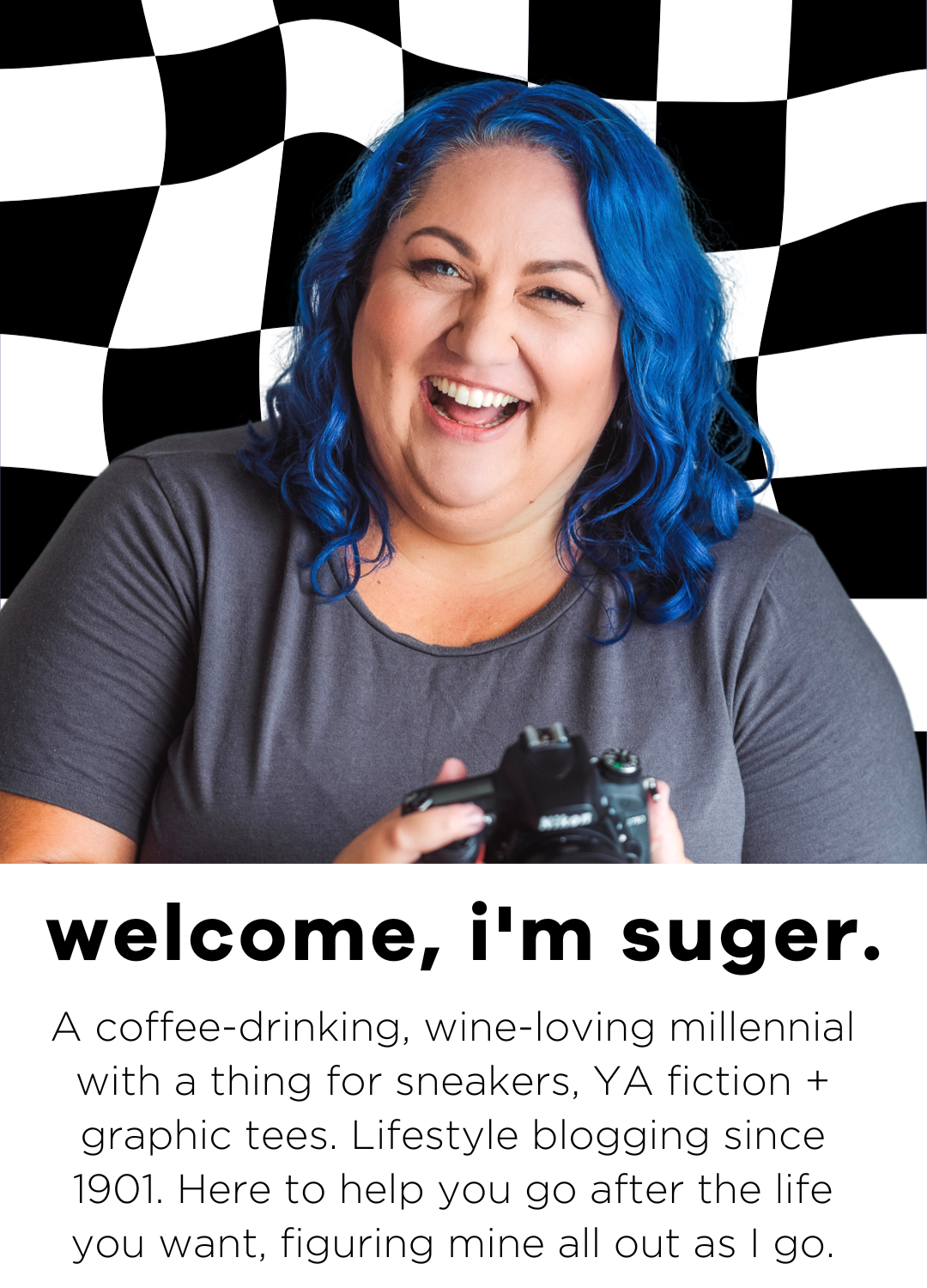We’ve been having work done at the house recently, so when my alarm goes off, I’ve been bouncing out of bed to avoid being spotted by tradies in my PJs. After a week or more of doing this, I had a tradie free day ahead of me and decided to snooze the alarm a few times. A present, a reward of sorts, to myself from myself.
So, snooze I did! Many alarms later, I dragged myself out of bed, moving slowly and feeling poorly for the first time that week. Not even my first coffee of the day, with too many shots of coffee to admit to, I was still meh. Had snoozing my alarm gotten in the way of starting my day right just like they said it would? I mean, the short answer is probably. But let’s talk about that.
Why does snoozing often leave you feeling worse?
There’s no lengthy personal research or extensive list of findings to back me up here. But I know that the next day when I skipped the snooze button, I felt better. Getting into my day was easier, brighter and generally felt good. So, I went looking for why that is and was pretty interested in what I found. It turns out there’s a pretty simple reason.
“That grogginess and disorientation that we experience upon the first few moments of waking is called sleep inertia. Hitting the snooze button repeatedly disorients your body, raising the chances of this sleep inertia extending two to four hours into your morning. We’re sure the last thing you need is to be tired for longer.” By Jared Sebastian via Reverie – The Button Punches Back: Why Snoozing is a Bad Idea.
So, it’s totally a thing. That meh feeling is just your body in a state of confusion about whether it is sleep time or go-time. A bit like when I start drinking coffee after dinner and then try to wind down. Okay, great, so now we know that snoozing the alarm is creating this wobbly start to the day, now what?
Stop doing it. That’s been my plan, and so far, so good.
But, what if, like me, you are looking to grab those few extra moments of sleep via snoozing (which we now know doesn’t work)? It could be a symptom of something else, sleep-wise, not going so well for you. Darcy McDonough, M.S. believes it could be a function of poor sleep hygiene.
What does sleep hygiene mean? Well, she talks more about it here, but the gist is that it refers to the conditions or practices conducive to good sleep. Short version? You’ve got a bad habit hidden somewhere that leads to bad sleep, which leads to you wanting more.
Not sure how to go about getting better quality sleep?
Head over to the freebies and downloads page and grab the better sleep guide. I put it together a few years ago in a camper somewhere on the New Zealand coast for the Confident You body Image challenge. There’s even a spelling mistake on the cover (and I’m sure within), so you can tell it’s legit. Haha. The eBook has some simple ideas to improve how you wind down to sleep and tricks for sleeping better once you’re there.
Sleep has always been a thing for me, can you tell? I started this blog in the long insomniac nights of my twenties mental health. It’s been something I’ve been working on, improving and sharing here ever since. So, I’m happy to pass what I’ve found onto you. Let’s just say, moving forward, I’m going to do what I can to resist the call of the snooze button.
…
learned something? please consider sharing!


Hi! I’m Melissa Walker Horn. Around here, they call me Suger. I’m the Chief Blogger and doer of all the things here at Suger Coat It. Blogging since 1901; I love a casual ootd, taking photos, and writing about things that irk or inspire me. I love wine and cheese, long days at the beach and spending time with my family. I make stuff for the internet over at Chalkboard Digital. You know, living the sweet life.



